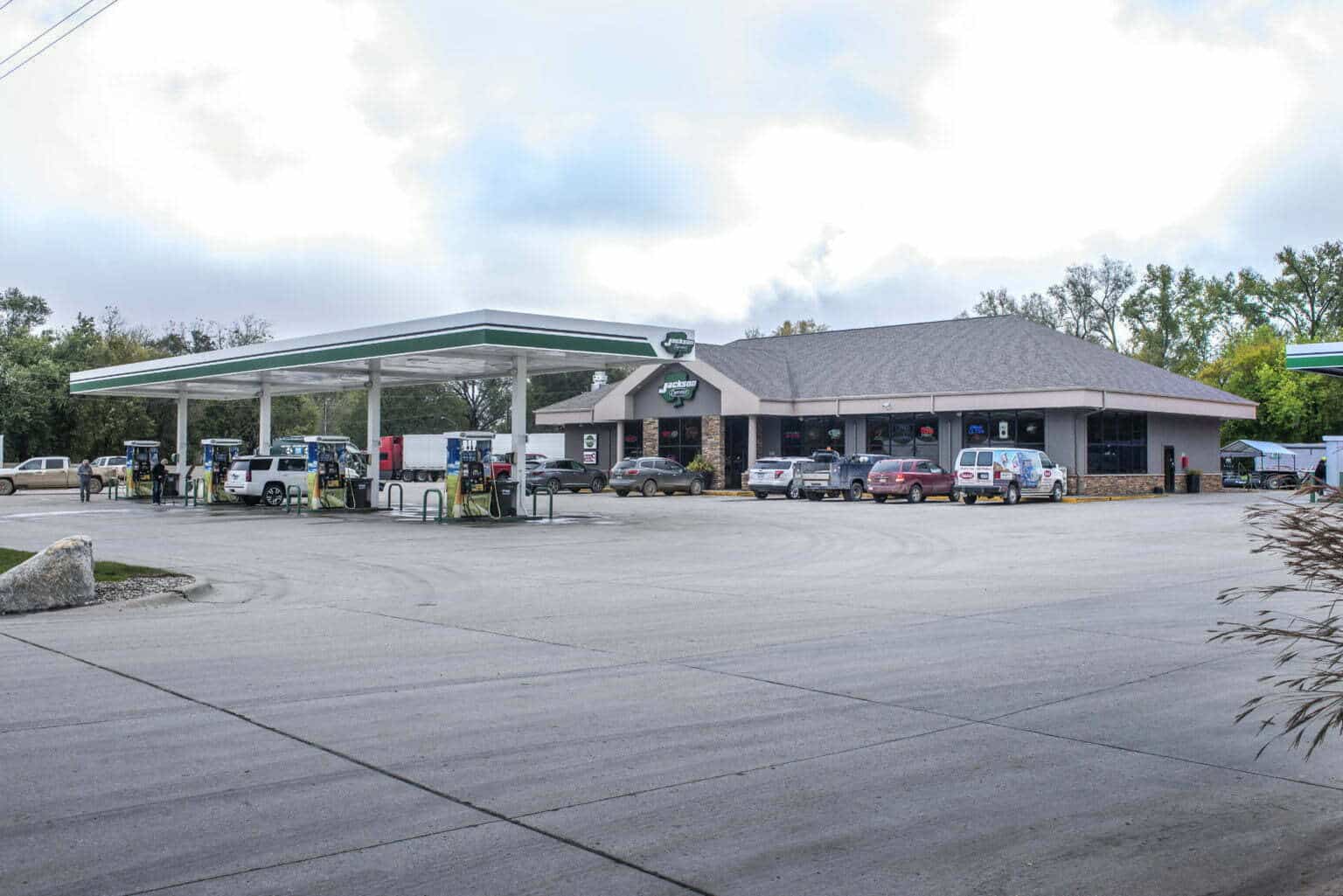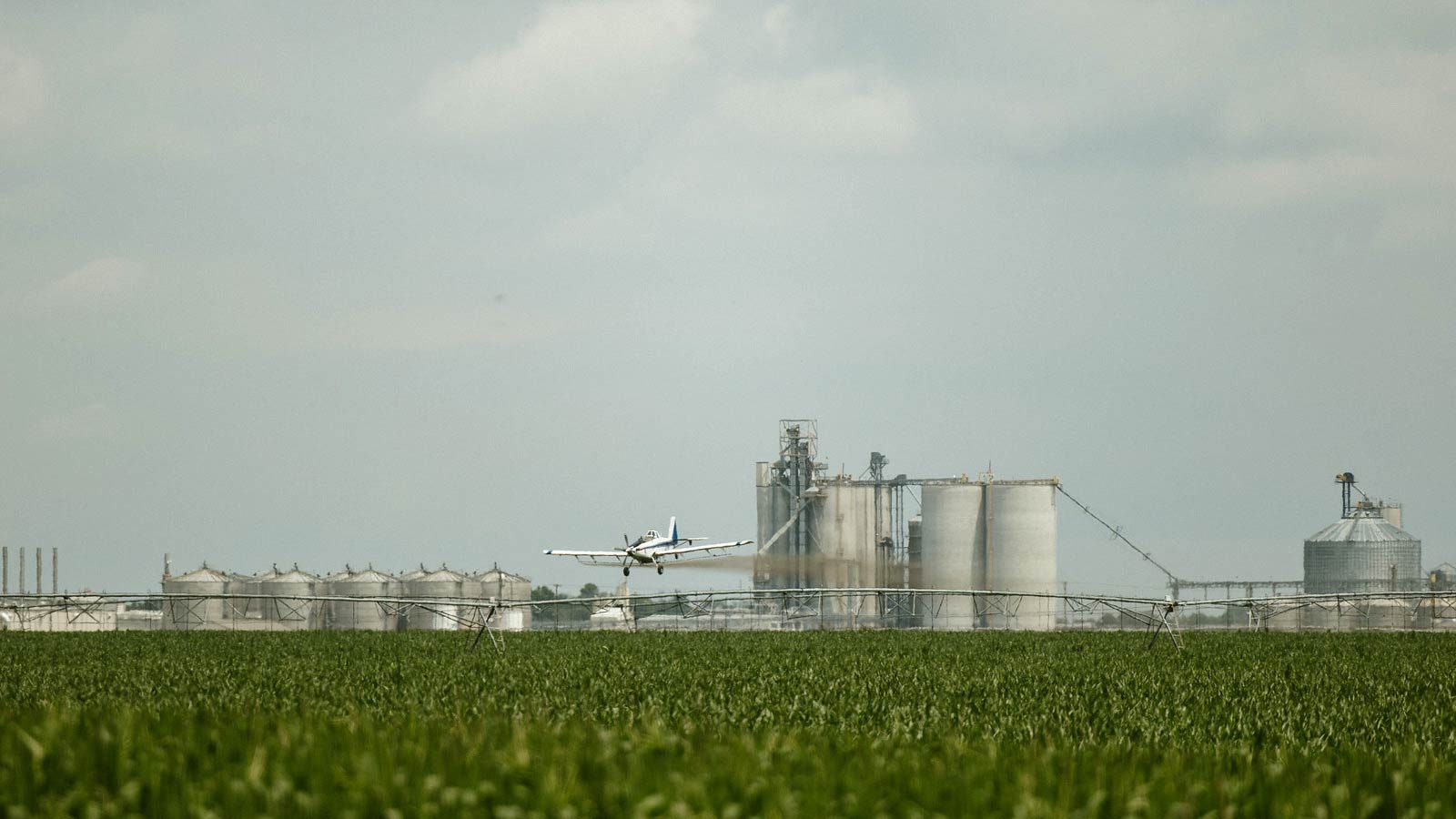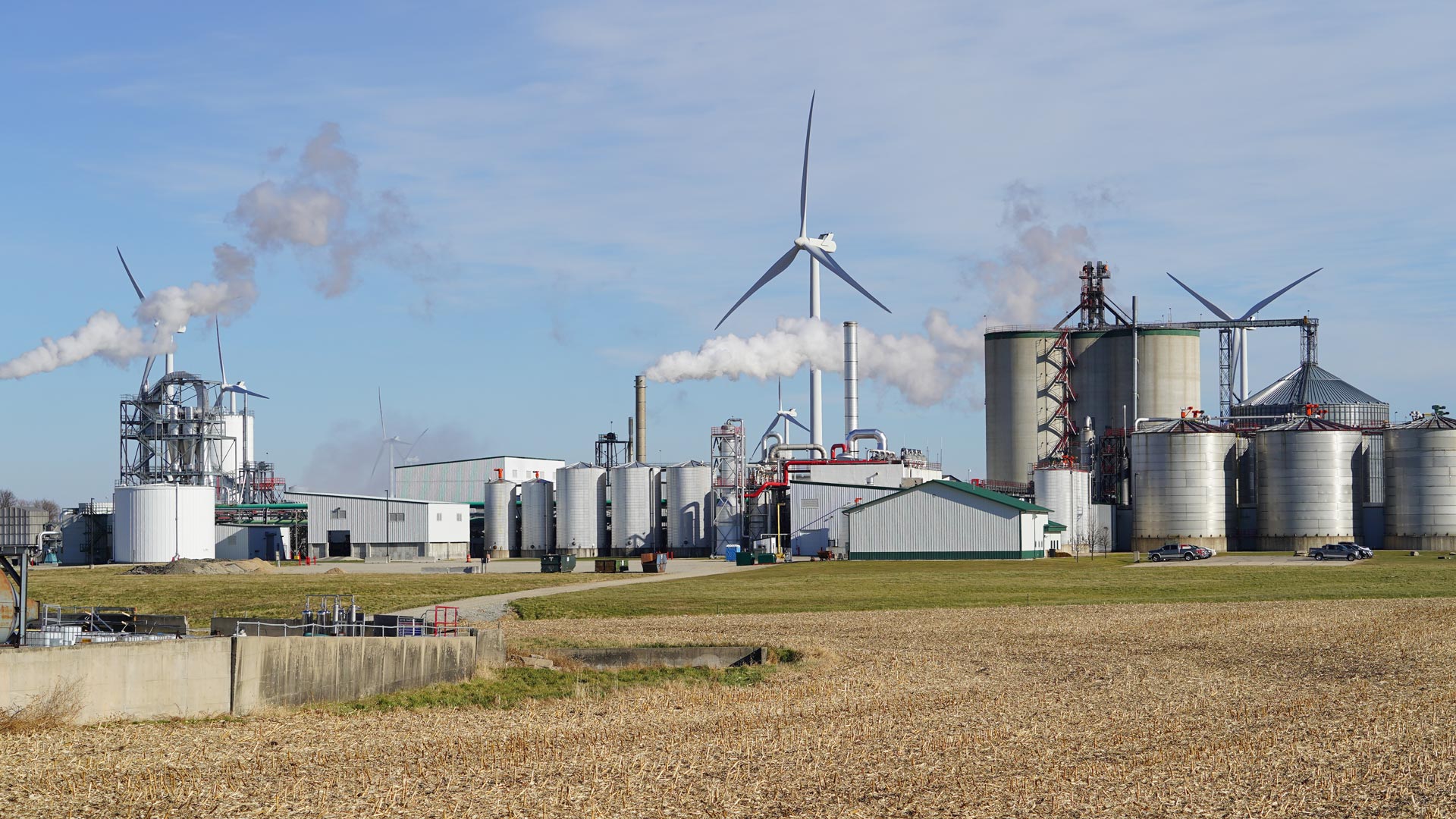When Taylor Nelson of Jackson, Nebraska, graduated from UNL in 2012, the farm economy was on fire. Rents and land values were increasing at an unprecedented rate and farmers were snapping up every opportunity they could. The stakes were high and the market seemed impenetrable for a young man to return to the family farm full-time. So, the Nelson family got together and came up with a unique way to bring Taylor back to Jackson.
Nelson and his father share a passion for the ethanol industry and the many benefits that stem from it. While many of those benefits affect farming directly, they saw a different opportunity in Jackson.
“I needed a way to apply my time and management skills in a way that would lead to my ticket to being able to farm,” he said. “We saw a strong need for a convenience store in the community—and the ability to leverage our commitment to ethanol by offering higher ethanol blends to customers made a lot of sense.”






